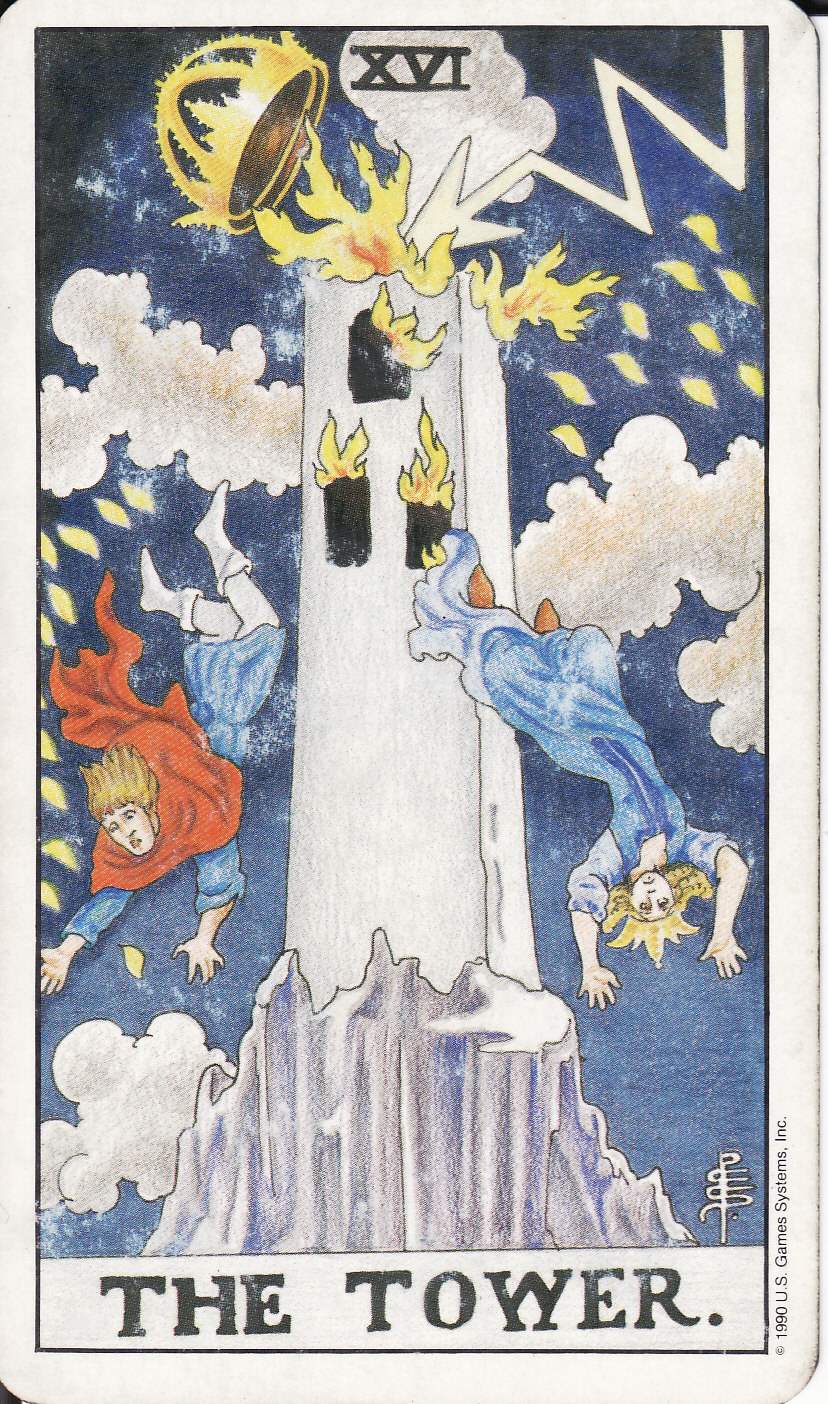
The Tower, one of the Major Arcana of the Tarot deck, is associated with disaster or sudden, unexpected changes. The modern chapters of the CHoHW trilogy are each named for a tarot card and The Tower is the next-to-last chapter of the concluding book, PART 3: DELUGE.
Bonnie Cehovet, a leading blogger and reviewer of the Tarot and the Tarot-related, is among the first to review Part 3: Deluge of the Come Hell or High Water trilogy. She writes:
“Being a Tarot reader myself, and a student of esoteric magic, I was riveted at the use both factions (George and Magdalena, and Victoria and her professors) made of the Tarot itself, of the qualities of the four elements (Fire, Water, Air, and Earth), and of simple things like salt and herbs. Morris shows a thorough understanding of religion, myth, and basic human nature, bringing everything together in a final showdown between George, Magdalena (who is beginning to realize that she has been duped), the devil Svetovit, Victoria, and the professors.
This is quite a compelling series – one that you want to read again and again!”
Read the complete review here. Bonnie’s reviews can also be found on the http://www.aeclectic.net/tarot/ site, one of the best sources for Tarot supplies online.
Click here to order your copy of Come Hell or High Water, PART 3: DELUGE.
